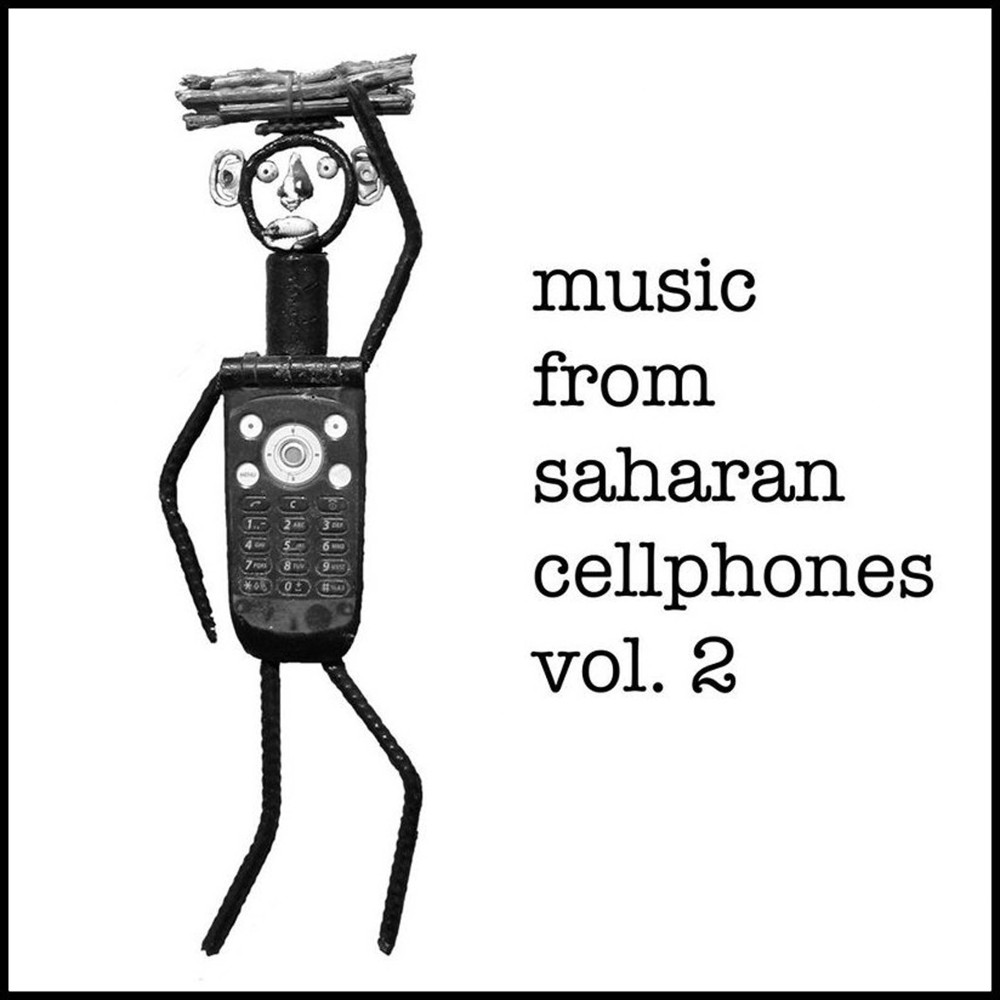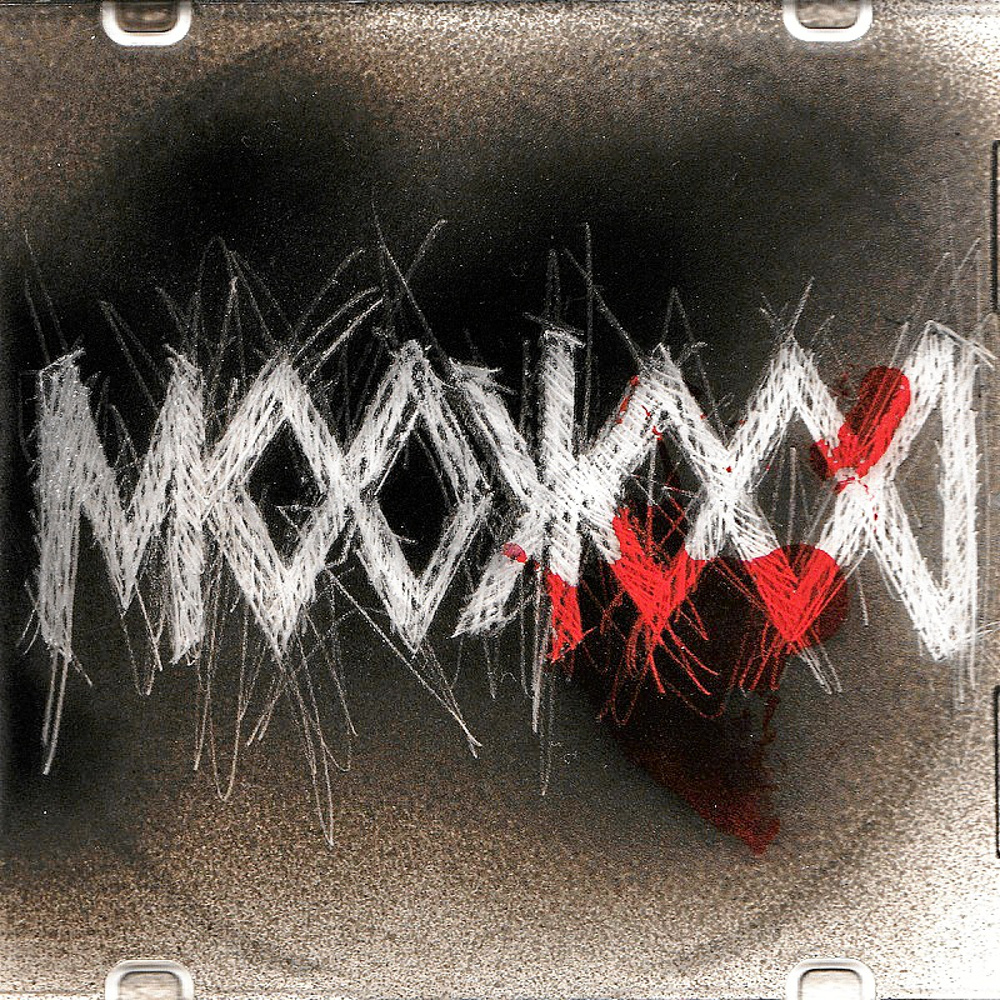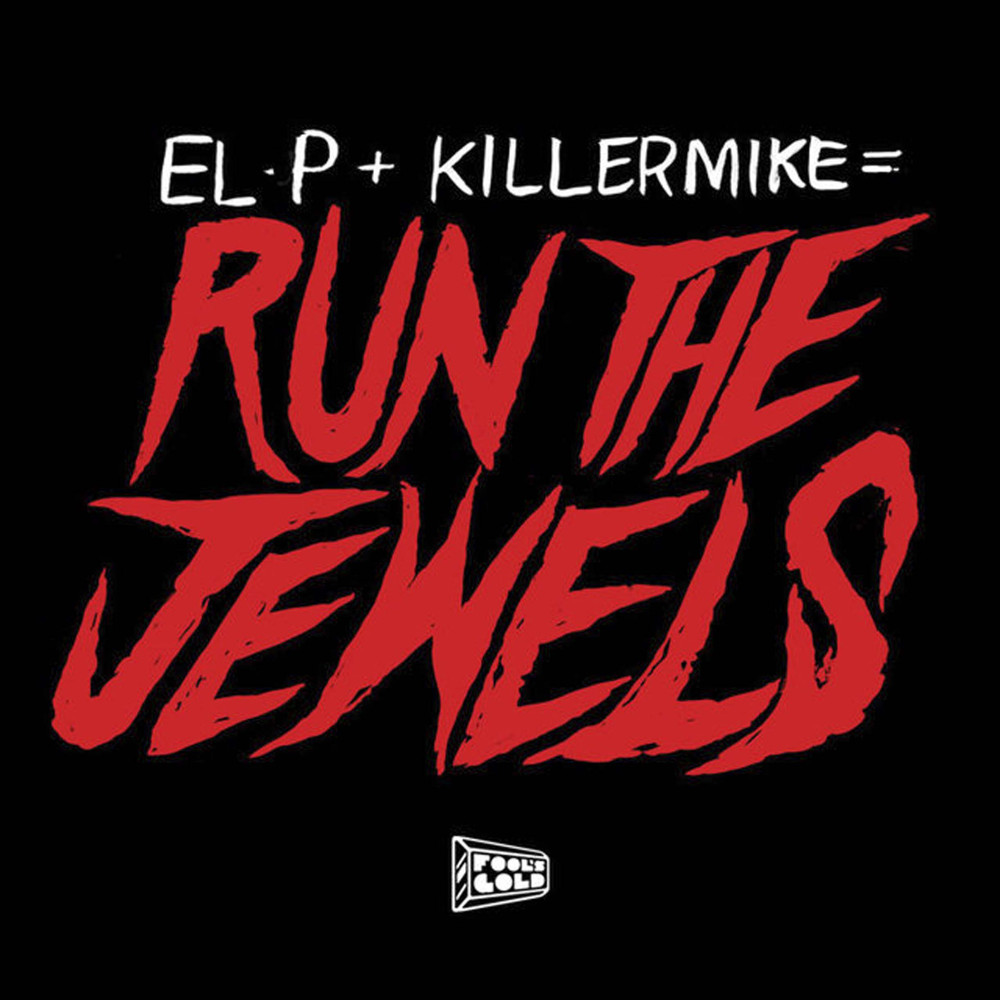Pheno S with the first Malian hip-hop album. (Supplied)
PHENO S: Kani (Sahel Sounds)
Pheno S has just made history with the first Malian hip-hop album to be pressed on vinyl. The young Malian first received attention when Sahel Sounds' Christopher Kirkley featured a track of his on Sahel Sounds's Music from Saharan Cellphones Vol 2 compilation.
The track Waihidjo was an auto-tuned, slow-burning pop song that borrowed heavily from contemporary American R&B, but with a distinctly Tuareg root.
The story of Kirkley's Sahel Sounds project is fascinating.
In 2010, Kirkley, who describes himself as a "gentleman explorer/music archivist/artist/curator and occasional DJ", was in the Sahel in Mali, a region that stretches across North Africa.
He was collecting music, swapping with people through the unofficial distribution network provided by cellphones. MP3s are stored, played and traded in very literal peer-to-peer Bluetooth transfers.
This music is not just traditional fare; Kirkley found a new breed of contemporary West African sounds emerging out of the DIY new school of production that was springing up.
These ranged from auto-tuned Tuareg jams to Ivorian club jams, from Mauritanian synth workouts to Malian hip-hop and electro, all collected on memory cards.
But let's get back to the city of Gao's Pheno S, who is back with his own full-length debut album on Sahel Sounds.
"I visited Gao in 2012, and downloaded the songs from Pheno's cellphone," says Kirkley.
So what can you expect? Well, auto-tuned raps are a good place to start. Add to that some pitch-bending soft synths and glitchy beats and you're getting closer.
Hip-hop banger Azoukou features some fierce rhymes set against a propellant bass rhythm and a more traditional Tuareg chorus, which is auto-tuned to within an inch of its life.
Bomber is a more up-tempo dance-floor track, while Takamba is a vibrant piece of work, unlike anything you have ever heard in your life.
Pheno S is making a claim for the bass music king of Mali. If he is, it's hardly for me to proclaim it, but it is going to be interesting to see this scene develop. – Lloyd Gedye

Pheno S's album Kani is available for digital download on sahelsounds.bandcamp.com/album/kani
ISAAC MUTANT: Dookoom
(Independent)
From the first minute you set your ears on Dookoom, the new EP from Cape Flats emcee Isaac Mutant, it's clear this guy means business.
"I'm a walking, talking weegie board, a mother-fucking weegie board," sings Mutant, before the songs explodes into a rave-rap extravaganza.
Mutant brings that hard edge to hip-hop, like Public Enemy, MF Doom and Death Grips.
There is an off-kilter rhythm from the drums, the bass squelches everywhere and industrial-strength synths drill down menacingly, creating a sci-fi video-game aesthetic – a soundtrack to an impending apocalypse.
On track two, You Mustn't Push, Mutant is not letting up. It is big on the braggadocio. Slamming beats and aggressive rhymes – "a semiautomatic is a condom in the ghetto" – combine to make a stellar statement.
This is life on the streets of the Cape Flats, in widescreen high definition. "Sin City," spits Mutant, before the chorus of "You mustn't push", which, when repeated, sounds a lot like "Your ma se poes".
Much has been made of Mutant's connections to Die Antwoord. However, Mutant is a unique voice in the South African musical landscape and his work is very rooted in the Cape Flats.
On Kak Stirvy, which samples Salt-N-Pepa's Push It, Mutant spits: "I'm a player, I don't play no games no/ I'm the jack of all trades ja, the ladies call me masturbator."
Sekretaris (TIK) is all dub-step beats, until the chorus when it takes a hard-core techno turn.
Mutant's music is very abrasive – think early Atari Teenage Riot – but it is riveting at the same time.
Elke Hol is a song about getting drunk.
But consequently it is also about the downward spiral that can result.
It seems "rum and Coke", "papsak" and "brandy" are the tipples of choice.
At one point Mutant is slurring the word "alcohol" repeatedly, sounding drunk as all hell.
At the same time his gravelly vocals give Tricky and Little Wayne a run for their money.
Coming in at just under 20 minutes across five tracks, Dookoom is clearly a teaser, with more to come.
With this offering, Isaac Mutant has claimed his space as an important voice – and one we need to hear more of in South Africa. – Lloyd Gedye
> ?
?
You can download the EP at dookoom.bandcamp.com
LAURIE LEVINE: Border Crossing
A lovely album, and a remarkably happy one by Levine's past standards. She's moved out of the stark and sad beauty of her last offering, and into a much more country-rock vibe, featuring judicious horns and the odd roistering guitar lick.
There are still songs of fragile introspection, such as the mordant Falling Down, but these are leavened with wryly bouncy numbers that seem to suggest a survival-strategy soundtrack for the heartbreak moments.
Levine has a voice of controlled and immense beauty, and she has the gift of making every vowel sound like a gentle orgasm. No, that's too suggestive for what I mean: at her best, Levine has the knack of making the listener feel every word, acutely. Border Crossing will be on my personal list of albums of the year.
In an odd doublewhammy, the cover art will be on my list of worst album covers. It appears to feature an emaciated Texan hatstand propped up against a big ol' American car. I'm all for embracing the country aesthetic, but perhaps less Patricia Lewis and more Gillian Welsh, dudes. This is an especially egregious lapse in the Levine branding, or "mystique" as we used to call it, given the strikingly lovely inside shots.
But this is a churlish criticism, provoked by the otherwise immaculate production. There are rumours circulating of a Levine/Black Hotels collab coming up. That would be a match lit in country-rock heaven. – Chris Roper
>?
EL-P AND KILLER MIKE: Run the Jewels
With hindsight, we have come to accept the fallacy that rap started out as a decidedly political art form, but there's still something incessantly throwback about Killer Mike and El-P's eponymous project Run The Jewels.
It has nothing (well, almost nothing) to do with El-P's future-by-revision production, and the art-for-art's-sake flows that predominate, separating this from the respective artists' previous heavier albums.
It could be that Killer Mike and El-P have chosen the largely extinct rap format of the duo, and executed it with the relaxed charisma that recalls a more innocent and unhinged era of hip-hop.
But, more precisely, this is the sound of two buddies chilling in the living room, having a stream-of-consciousness conversation and self-indulgently wading through their imaginations.
Yet, because they are distinguished gentlemen with old-school values and codes, coming off banal is a strict no-no. – Kwanele Sosibo